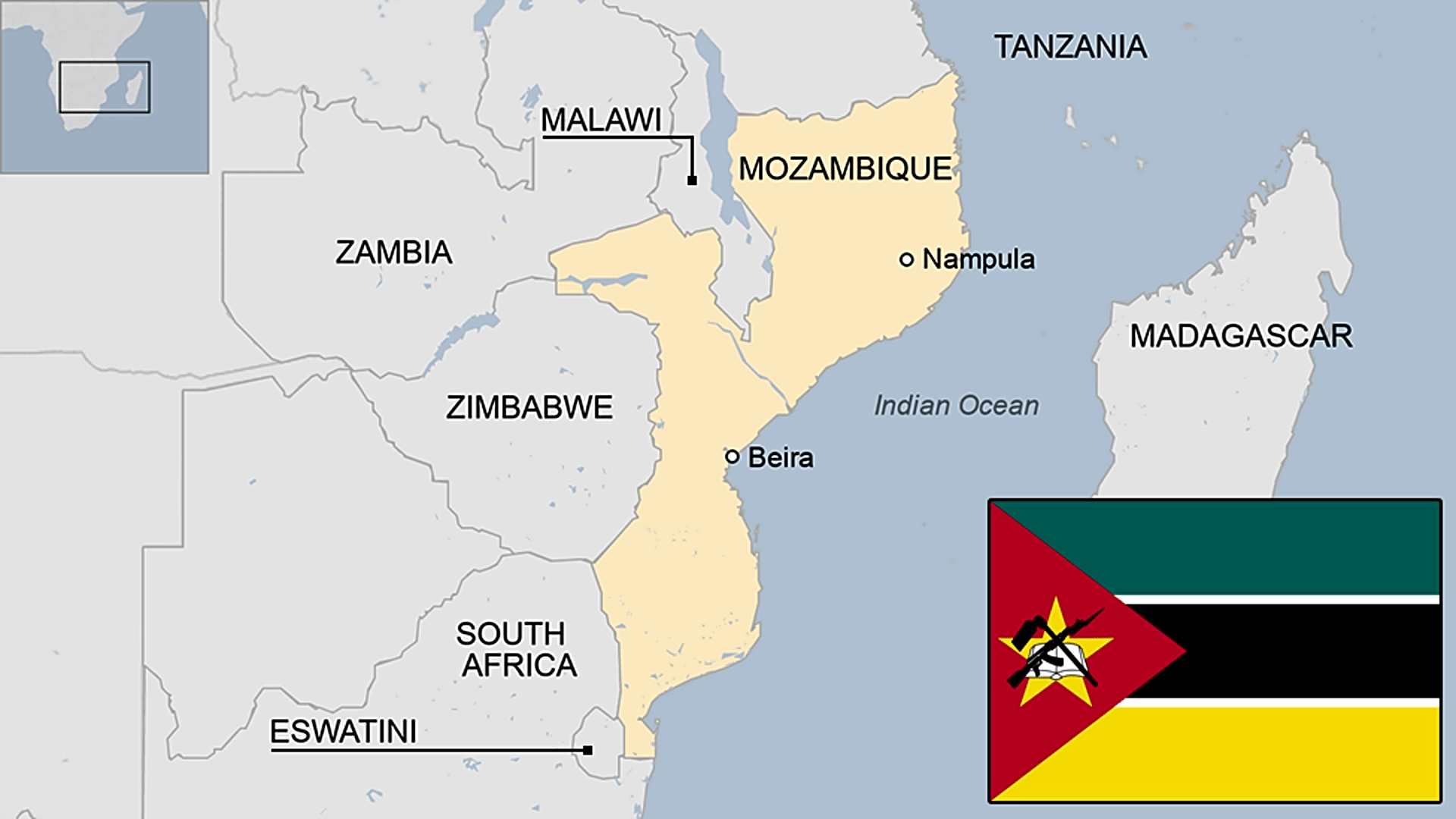Elon Musk’s satellite internet company, Starlink, has introduced a more reasonably priced gear and monthly subscription in Kenya. The main internet service provider in the nation, Safaricom, upped its fibre internet speeds a few days prior in response to growing competition.
The original Starlink Mini kit, which was released in July 2023 for KES45,000 ($347.25), was far more expensive than the updated kit, which costs $208.38 (KES27,000). With speeds up to 100Mbps, this affordable choice may draw in price-conscious customers looking for high-speed internet access.
Starlink’s $30.87 monthly home Lite plan is included with the upgraded gear. With more people looking for quicker and less expensive internet options, this aggressive pricing strategy is expected to make the competition for subscribers in Kenya fiercer. Prior to this, the business unveiled a $15 monthly kit rental plan, thereby broadening the scope of services it offered.
The leading ISP in Kenya, Safaricom, increased its internet speeds in response to Starlink’s expanding influence. The company kept the price of its 10Mbps plan at KES 3,000 ($23), but upped it to 15Mbps. Customers on the 20Mbps plan also received an upgrade to 30Mbps. Higher-tier packages saw more significant increases, with the speed of the 40Mbps plan doubling and the 100Mbps package increasing fivefold. Additionally, Safaricom unveiled a new 1Gbps plan aimed at heavy internet users, priced at KES 20,000 ($155).
The rivalry between Safaricom and Starlink demonstrates how quickly Kenya’s internet environment is changing. Currently, Safaricom has a 36.7% market share in the data industry. It serves about 400,000 clients with a vast 14,000 km fibre optic cable network. Though it has gone so far as to urge the Communication Authority of Kenya (CA) to restrict such services, the corporation has voiced worries regarding the introduction of satellite ISPs like Starlink.
The entry of Starlink into Kenya poses a serious threat to established ISPs. Widespread coverage, even in places with little or no terrestrial infrastructure, is possible with the satellite-based service. This might have a special effect in Kenya’s rural and isolated areas, where internet access has traditionally been difficult to come by.
The rollout of Starlink’s more reasonably priced choices may hasten Kenyans’ embrace of the internet. The company might potentially increase the number of Kenyans who have access to online services, educational materials, and digital economic prospects by providing high-speed internet at more affordable prices.
Consumers stand to gain from better services and possibly lower pricing as competition increases. The push on long-standing service providers like Safaricom to upgrade their packages and take into account more affordable pricing plans may result in general advancements in Kenya’s internet accessibility and infrastructure.
Global trends in the telecommunications industry are reflected in the continuous advancements in Kenya’s internet business. The increasing advancement and accessibility of satellite internet technology provide opportunities as well as difficulties for conventional terrestrial networks. The competition’s outcome may have a big impact on digital inclusion and internet access not just in Kenya but also in other developing countries in Africa.


